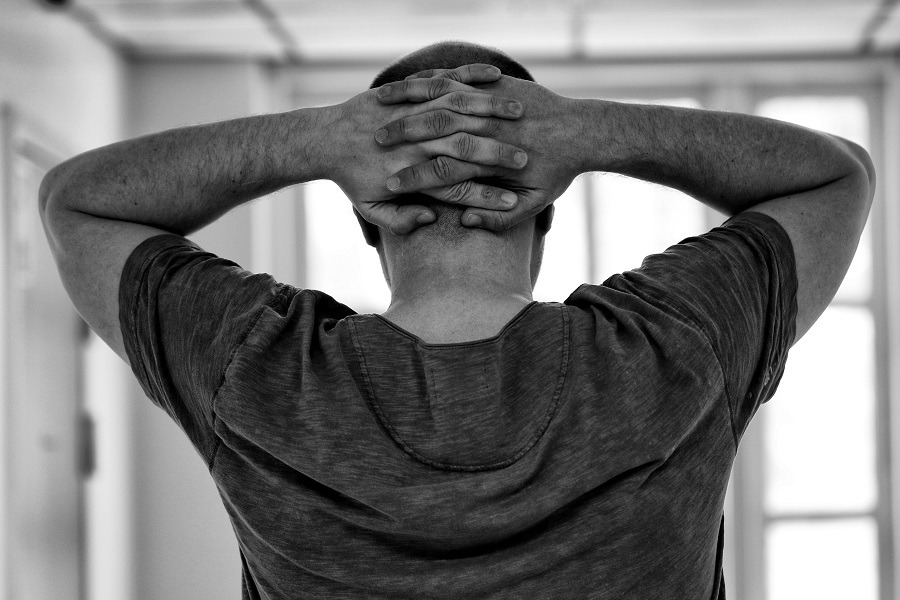Caring for Someone with Traumatic Brain Injury


What is Traumatic Brain Injury?
A Traumatic Brain Injury (TBI) occurs when a sudden trauma—like a car accident, assault, sport injury or fall—damages the brain. TBIs range in severity from a mild concussion to a trauma causing irreversible harm to the brain. Every TBI is different, which can make the recovery and rehabilitation unpredictable.
What are the Symptoms?
Mild TBIs affect your brain cells temporarily and may resolve on their own, but in severe cases the damage can leave lifelong physical, emotional, cognitive and social disabilities. The severity of the symptoms depends on the extent and location of the damage, how quickly treatment was received, and the person’s health and age at the time of injury. Symptoms may not appear for days or weeks after the traumatic incident and can range from mild to severe, including:
Physical Symptoms: Dizziness, poor coordination, sleep changes, trouble walking, balance issues, headaches, nausea, extreme fatigue, seizures, difficulty grasping objects, loss of bodily functions, infections
Sensory Difficulties: Damage to senses, including vision, hearing, smell or taste, and sensitivity to light and sound
Cognitive Impairments: Difficulty with concentration, attention, following directions, communication, problem solving, decision making, self-monitoring and initiating tasks, or in severe cases a coma or vegetative state
Behavioural Changes: Increased irritability, hostility, mood swings, depression, anxiety, poor self-esteem and lack of inhibition
What you can do
A brain injury can be a life-changing experience for the person who sustains the injury, as well as for the people caring for them. As TBI symptoms are so varied, it can be challenging to keep your loved one safe and comfortable. The tips below will help you offer support, guidance, and consistency while finding the right treatment plan. Again, because the symptoms vary so much, these tips may not apply to all TBI patients or their caregivers.
Learn as much as you can. Get a better understanding of your loved one’s specific injury and how this may affect their behaviour, emotions and physical well-being. This will help you further understand their specific TBI and what that means for them day-to-day. Go to doctors’ appointments, ask about classes or training that may help you provide better care, go to conferences on the topic or get involved in a non-profit related to brain injury. This proactive approach will help you navigate the recovery process, appreciate some of the difficulties you may experience and connect with others facing similar challenges.
Set a schedule. TBI can cause confusion and memory loss, which in turn, can create a lot of anxiety. A structured, routine environment will help your loved one know what to expect throughout the day. Make a schedule, post it where they can see it and make sure you stick to it. Aim to book the most important activities in the morning, because energy levels will naturally decline throughout the course of the day.
Encourage independence. As forgetfulness and confusion often accompany a brain injury, it can be helpful to create a central space that can act as a control centre. Place any items your loved one may need or want throughout the day in the same location to help them to be as independent as possible. Other ideas include labelling dresser drawers, creating index cards to cue personal care routines, and using lists. It’s often difficult for TBI patients to multitask, so give one instruction at a time, break tasks into small steps and limit distractions. Just always check with a doctor before your loved one resumes activities like driving, exercise, etc.
Support relationships. Connecting with others and building relationships will be a big part of your loved one’s recovery. Keep visits short so they don’t get too tired. Display lots of photos to help build positive memories. Because your loved one may look or behave differently after their injury, you may need to help friends and family prepare for and navigate these changes.
Rest, rest and more rest! Rest is critical to helping the body and brain repair and recover. Activities that used to require very little energy will now be more difficult. Fatigue is a common symptom, so be sensitive and aware. If they seem tired or overwhelmed, suggest a break. Just make sure your loved one doesn’t drink alcohol or smoke to relax. This can further damage the brain, set back progress and affect medications.
Expect ups and downs. Your loved one will have good and bad days—both emotionally and physically—throughout their recovery. Because of the injury, the frustrations related to TBI and the inability to say what they are thinking, they may suddenly cry, get upset or laugh at inappropriate times. Try to remain calm, don’t take things personally and focus on the little gains.
Find the right care team. Remember that some people with mild TBIs recover quickly, while others are on a longer timeline. Every individual and injury is unique, so the best course of treatment will be different for everyone. Explore physical, speech and occupational therapy and look into respite care, personal support or home services to help make your caregiving role more manageable. Psychiatrists and social workers can also help you and your family manage your loved one’s behavioural changes and cope better.
Take care of yourself. Exercise, eat well and get lots of sleep so you don’t burnout. Take breaks when you can, make time for the things you enjoy and visit your doctor regularly. Ask for help from friends and family and find a support group. You will need your own support system in order to prioritize yourself and help your loved one recover.
For more information on how VHA Home HealthCare’s services can help you, reach out today.



